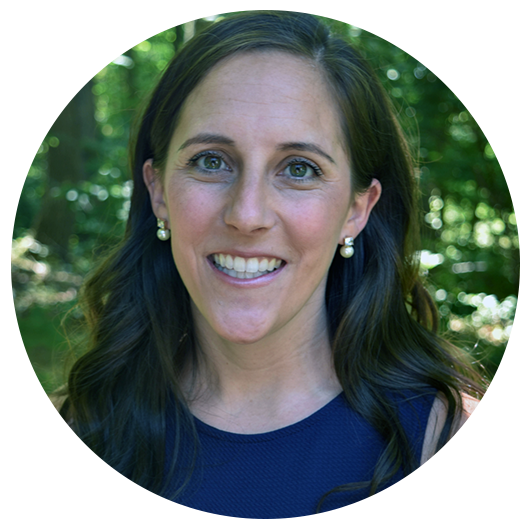Content Warning: This piece contains mentions of suicide and mass shootings.
The recent losses of Parkland and Sandy Hook massacre survivors remind us that the long road to recovery requires a strong support system and community connectedness in order to survive the mental injuries of tragedy and loss. Our hearts and prayers are with these victims and their families today and always, but, that’s not enough. As a survivor of the Virginia Tech shooting, I speak with first hand knowledge and want to convey that we need to do more to support those who have experienced these profound tragedies.
This past week we lost three people to suicide who were survivors of the Parkland and Sandy Hook mass school shootings: two who were on campus during the shootings, and one who lost his young daughter. I can’t help but wonder what messages may have helped them to cope.
As a professional speaker with Active Minds, I share my story across the country with many campuses and communities who hold fear about the possibility of mass violence. But I wonder… what about the campuses and communities who have experienced this tragedy already. The trauma lasts for years to come, and doesn’t ever fully go away. These communities and people need to constantly be reminded that help is available. That we’re here for them for the long run. That their feelings, survivor guilt, and trauma are real and valid.
As a physically uninjured survivor from the Virginia Tech shooting, I am often told that I am lucky. The word “lucky” resonates with me. I feel lucky that I walked out of Norris Hall on April 16, 2007 unharmed; but it is important to recognize that “lucky” doesn’t mean that the path to recovery is easy.
To fellow survivors: It may feel selfish to ask for mental health resources when others were killed or wounded but, the truth is that we deserve support and should not feel ashamed to reach out. We may be in denial that we need resources or recognition. We may have trouble raising our hands and advocating for ourselves. And that makes sense. Our trauma may tell us that our experience isn’t “as bad” as the others and that we can “tough it out.” I’m here to say that you deserve to be heard and supported.
The psychological impact of a mass shooting is difficult to measure or define. And it’s unique for different people. Because mental injuries are not visible like the physical ones, it may not be treated as readily or urgently. Let’s change that.
For shooting survivors, an ingrained sense of safety in public is stripped and can take years to rebuild. For me, terror, sadness, loneliness and self-doubt took the place of any semblance of safety. While working to rebuild, we’re bombarded with news headlines and anniversaries that evoke intense emotion and horrific memories. The thought of “moving forward” can feel overwhelming and unattainable.
As a survivor, what I needed was validation and acknowledgment. The trauma is real and it’s intense. I needed resources and ongoing support: therapy dogs to pet, a shoulder to cry on, people who would listen. We need a village of supporters that include not only our families and friends, but also professionals, mass media, campus staff, and fellow survivors. We need to not be told to move on or to try to forget. Remember what happened. Remember those we lost. As survivors, we will never forget.
The suicide losses our country experienced this past week affirmed that need for support in the most tragic way imaginable.
At this point in our country, there are thousands of survivors of mass shootings: people who were there, people who lost loved ones, emergency responders, and more. While they may have escaped gun wounds, the invisible mental wounds may run deep. For them, let’s become that village of supporters and make sure that they know, unequivocally, that hope and help are available. They are not alone. We’re here for you.
If you or someone you know is struggling with thoughts of suicide, help is available:
Text “BRAVE” to 741-741 to the Crisis Text Line or call/text 988 to reach the 988 Suicide and Crisis Lifeline. Both provide free 24/7 support.




